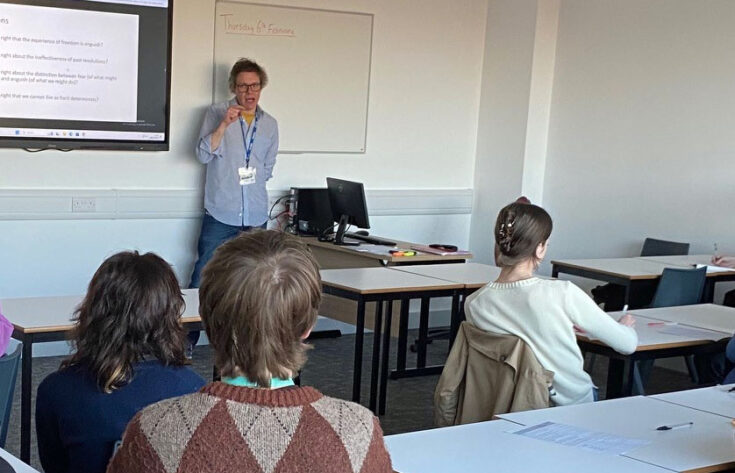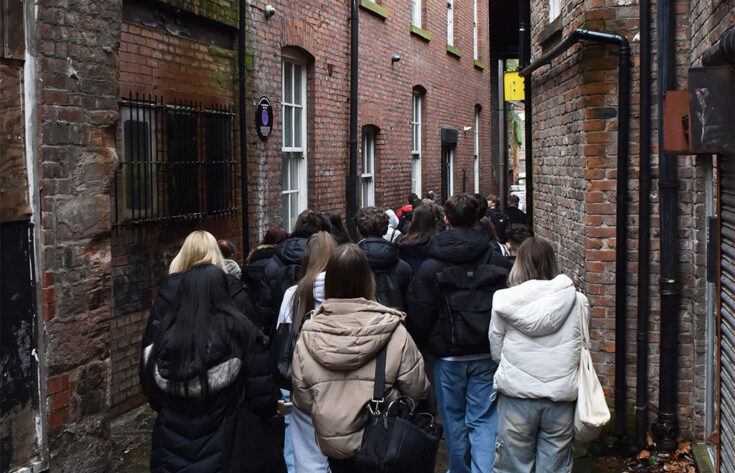Physics
Does a black hole lead to a parallel universe? Will we be able to travel in time? How will the universe end? Will we be able to make a simple quantum computer? The A level Physics course shows how Physics is exciting, always developing, of great practical use in many ways and in many careers, as well as probing some of the deepest truths about the physical world. A level Physics describes essential core ideas in Physics in a variety of up-to-date and interesting settings.

The course consists of six modules. It is assessed by three examinations, each of which can assess content from any of the modules.
- Module 1: Development of Practical Skills in Physics
- Module 2: Foundations of Physics
- Module 3: Forces & Motion
- Module 4: Electrons, Waves & Photons
- Module 5: Newtonian World & Astrophysics
- Module 6: Particles & Medical Physics
A physics qualification is highly valued by employers and universities and it has been shown that people with a Physics degree earn higher salaries compared to many other degrees.
Physics is useful or essential for a wide range of careers including all branches of engineering, careers in scientific research, medical physics, radiography and other areas linked to medicine, electronics, meteorology, environmental science and geophysics.
Physics A-Level is often taken by people intending to study medicine, dentistry and pharmacy, whilst the logic and problem-solving skills it develops are essential for successful careers in business, law and finance.
- Each year students get the opportunity to take part in the Physics Olympiad.
- Each year we take students to visit the world’s largest scientific experiment – the Large Hadron Collider facility at CERN, near Geneva, Switzerland.
- We also encourage students to attend outside events such as talks by the Manchester Lit and Phil Lecture series and at the Big Bang event.
- Careers trips are run annually.












